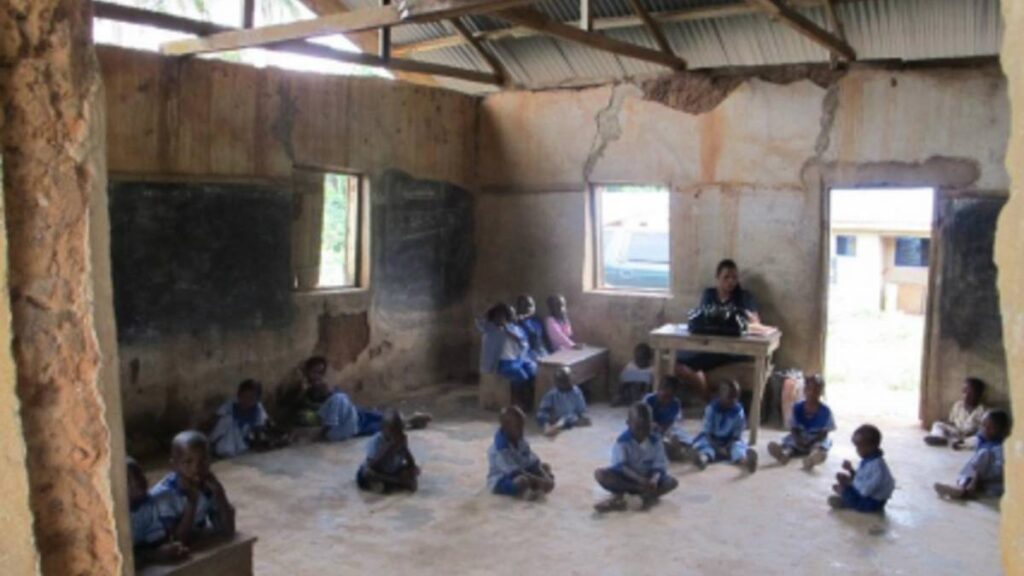In the last eighteen months, many Nigerian states have witnessed a spike in terror. Attacks have become frequent, with hundreds of deaths and kidnap victims. In 2021, tracked data from the Nextier Violent Conflict Database shows that Zamfara state was Nigeria’s most violent state, with 848 deaths in 71 incidents. Kaduna and Borno states follow from a distance with 550 and 481 deaths, respectively. Benue and Niger states are also among the top five most violent Nigerian states in 2021. Regular crisis types in these states include armed banditry, jihadist insurgency, farmer-herder clashes and a handful of cult wars. The Database also shows that some incidents resulted in large-scale kidnappings. Within the 2021 review period, 2,012 persons were kidnapped in these top five most violent states.
In the first half of 2022, Plateau state joined the list of Nigeria’s most violent states. Sitting at the fifth place with 38 incidents leading to 212 deaths, crisis types in the state include banditry and a few episodes of farmer-herder conflict. Niger state has witnessed increased banditry that has seen the state become the most violent Nigerian state between January and May 2022, from a fifth position recorded last year. In contrast, Benue dropped from the top five most violent states for the first five months of 2022. Other states that made it to the top five most violent states in 2021 maintained their feature. However, the Nextier Violent Conflict Database indicates that troubled states have continued to witness a spike in terror attacks. For instance, Niger state recorded 322 deaths in 55 incidents in 2021. Between January and May 2022, the state has recorded 602 deaths in 50 cases. From January to May 2022, the top five most violent states in Nigeria recorded 900 kidnap victims, according to the Nextier Violent Conflict Database.
Beyond Nigeria’s top five most volatile states for 2021 and the first five months of 2022, other states across the country are witnessing multiple attacks. However, data from the Nextier Violent Conflict Database indicates that parts of the northwest and northcentral regions are Nigeria’s most troubled areas. Elsewhere, such as in southeast Nigeria, ‘unknown gunmen’ (UGM) and violent pro-secession agitators have made the region’s security climate unsafe. Over a year, consistent violent attacks have occurred, especially in Anambra and Imo states. The ubiquity of violence in Nigeria mirrors worsening security conditions. Old wars have deepened, and new violent conflicts have also emerged. The worst hit of the violence are thousands of Nigerians that died from the terror, those kidnapped or forced into displacements where they face a humanitarian crisis.
The rise in the statistics of deaths and the nationwide spread of violence is a call to action. Nigeria must push up its combat operations, especially in the northwest and northcentral zones. Banditry is spreading across the regions, and given similar conditions in the states, spill-over conflicts are likely inevitable. Therefore, a special force with a specific mandate, training, intelligence and structure can be created. This will be against the backdrop that Nigeria’s security architecture was not designed for unconventional wars. Hence, a special force will fill the gaps, which is part of the arguments favouring the calls for mercenaries.
To manage gunmen violence in Nigeria should include efforts to tackle the proliferation of small arms and light weapons (SALWs) and regulate border entry points. The then Minister of Interior, Abba Moro, disclosed that Nigeria has 84 regular entry points and over 1,499 irregular entry routes. This means that while efforts were made to regulate known entry routes, illegal entry points were still accessible to smugglers, arms dealers and armed groups. In affirmation of the assertion, on 19th March 2021, President Muhammadu Buhari held that despite closing Nigeria’s borders for over a year, the country has failed in its attempt to stop the illegal inflow of arms and ammunition.
The Nigerian government must isolate Nigeria’s numerous crisis types and work on tailored solutions for each. Northwest and northcentral banditry, northeast terrorism, violent southeast secession, Niger Delta militancy, and gang wars in south-south and southwest regions require tailored combative and non-combative responses. With evidence-based research, reliable data and intelligence, the Nigerian government can understand the push factors, enablers and ripple effects of violence in many troubled regions. Beyond these, proactive measures should be deployed to build peace and promote human capital development in states near the theatres of violence to prevent the spread of terror. Also, early warning and early response (EWER) mechanisms will help the Nigerian government prevent escalating violent conflicts and subsequent losses to lives and livelihoods. Nigeria’s violent hotbeds mirror Nigeria’s war with different non-state armed groups. The diverse types of violent conflicts should mean different but coordinated strategies to restore peace and stability.


